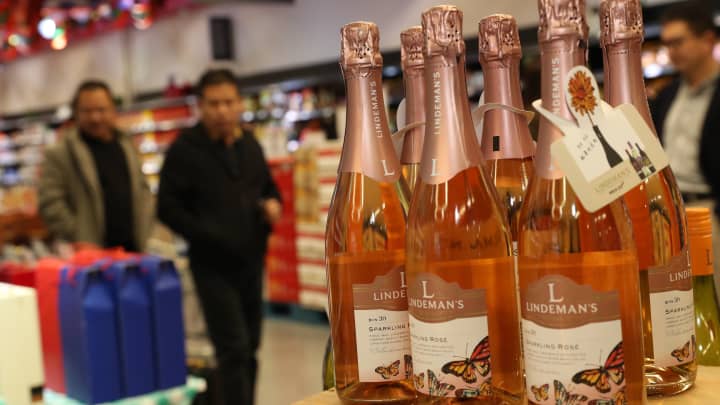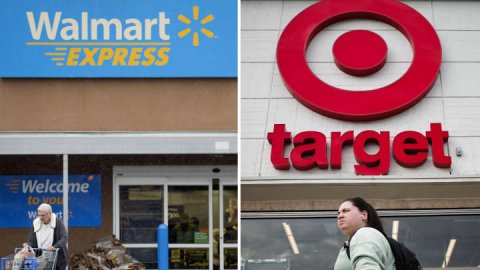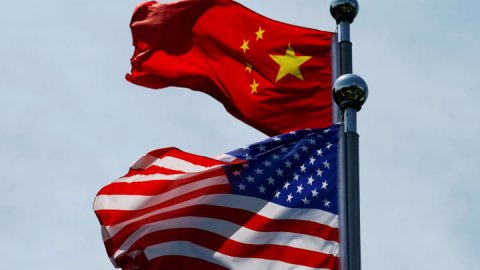
On Monday, Farrell said a "range of factors" were at play, with Chinese beer consumers and barley importers "very strongly in favor" of reintroducing Australian barley.
The move underscored thawing tensions between Australia and China, following the first meeting between China's President Xi Jinping and Australian Prime Minister Anthony Albanese on the sidelines of the Group of 20 leaders' summit in Bali in November.
Since then, Australia's foreign minister Penny Wong and trade minister Farrell have visited Beijing and have had direct meetings with their direct counterparts.
Relations between the two countries deteriorated in 2020 under the leadership of former prime minister Scott Morrison, after Australia supported a into China's handling of the coronavirus pandemic, which was first reported in the Chinese city of Wuhan.
"I think our whole strategy throughout this process has been to de-escalate the issues, to try and resolve the issues between us and China through dialogue rather than disputation," Farrell said. "And we think with some goodwill on both sides, that we can completely stabilize this relationship."
Prior to the Covid-19 pandemic, Australia was one of the few developed nations that .
China's trade curbs forced Australian farmers and producers to find new markets for their produce as the Australian government sought to diversify its trading relationship with free trade agreements with India and the United Kingdom. Farrell said he is hopeful of a trade deal with the European Union "soon."




